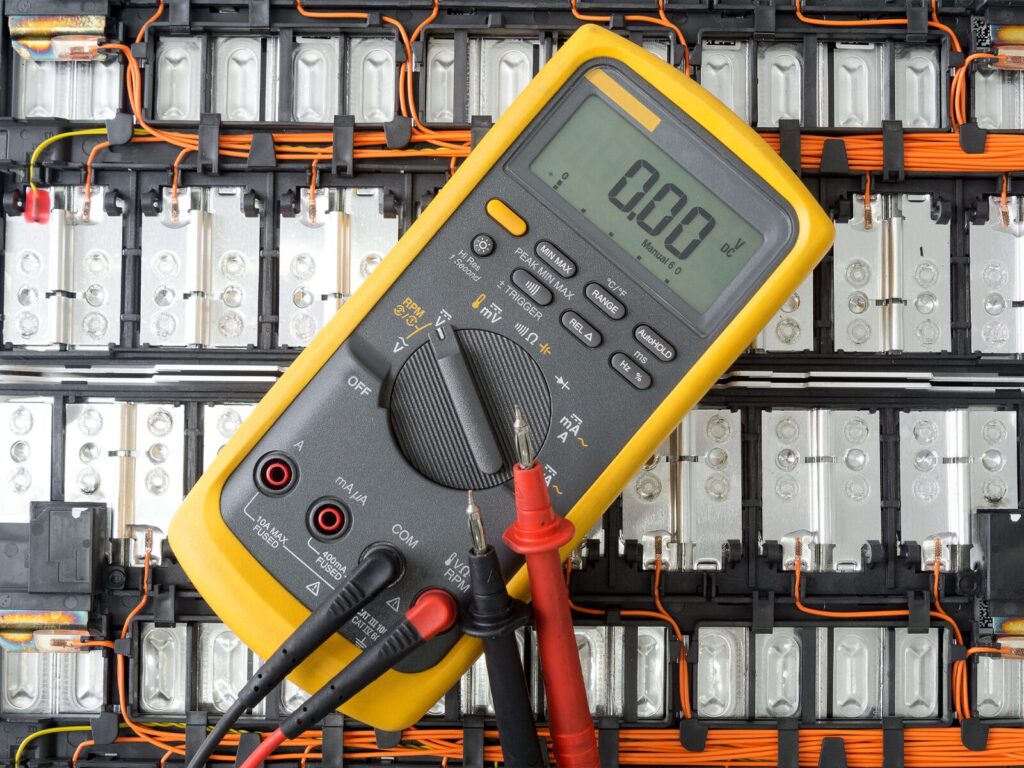The Applied Technical Services Family of Companies (FoC) conducts battery electrical testing for electrical vehicle manufacturers.
The demand for EV testing services continues to increase as automakers attempt to keep up with demand and comply with the ever-evolving expectations and regulations regarding EV batteries. Our EV battery testing lab helps manufacturers evaluate their battery’s performance, safety, and reliability in various conditions.
Our Battery Electrical Testing Services
Our battery testing lab features the state-of-the-art equipment needed to conduct a variety of chemical, electrical, and mechanical services. Our experienced staff has the resources needed to conduct the following types of electrical testing:
Current Testing
Current tests are an essential component of EV batteries’ research, development, and production processes. Our technicians conduct current tests to monitor an EV battery’s current flow. A battery’s current provides essential insight into the device’s efficiency and overall life cycle.
Voltage Testing
Voltage tests aid in the development and production of EV batteries. A battery’s voltage reveals important information about the device’s health and performance potential. Our voltage tests help EV manufacturers ensure their batteries perform as expected in various applications and environments.
Our battery electrical testing services assist our clients as they do the following:
- Meet Performance Expectations
- Improve Product Design
- Comply with Regulations and Restrictions
- Ensure Safety
The Importance of EV Battery Testing
Electric vehicle batteries are highly complex devices with thousands of lithium-ion batteries capable of powering vehicles of various sizes. EV batteries have become a well-established alternative fuel source for cars, but EV batteries must undergo extensive evaluations that provide insight into the battery’s strengths and limitations.
Failure to properly evaluate EV batteries could result in the following:
- Consumer Mistrust in a Manufacturer’s EV Batteries
- Quality Control Issues
- Safety Issues
About Applied Technical Services
Applied Technical Services is an ISO/IEC 17025:2017-accredited company specializing in consulting engineering, inspection, and testing. As an ISO 9001:2015-registered management system, we pride ourselves on quality and address each of our clients with professionalism and care. Our services address the specific needs of our clients by providing high-quality and prompt services at a competitive price.
Contact Us
Please submit a web request or call +1 (888) 287-5227 for more information regarding our battery electrical testing capabilities.



